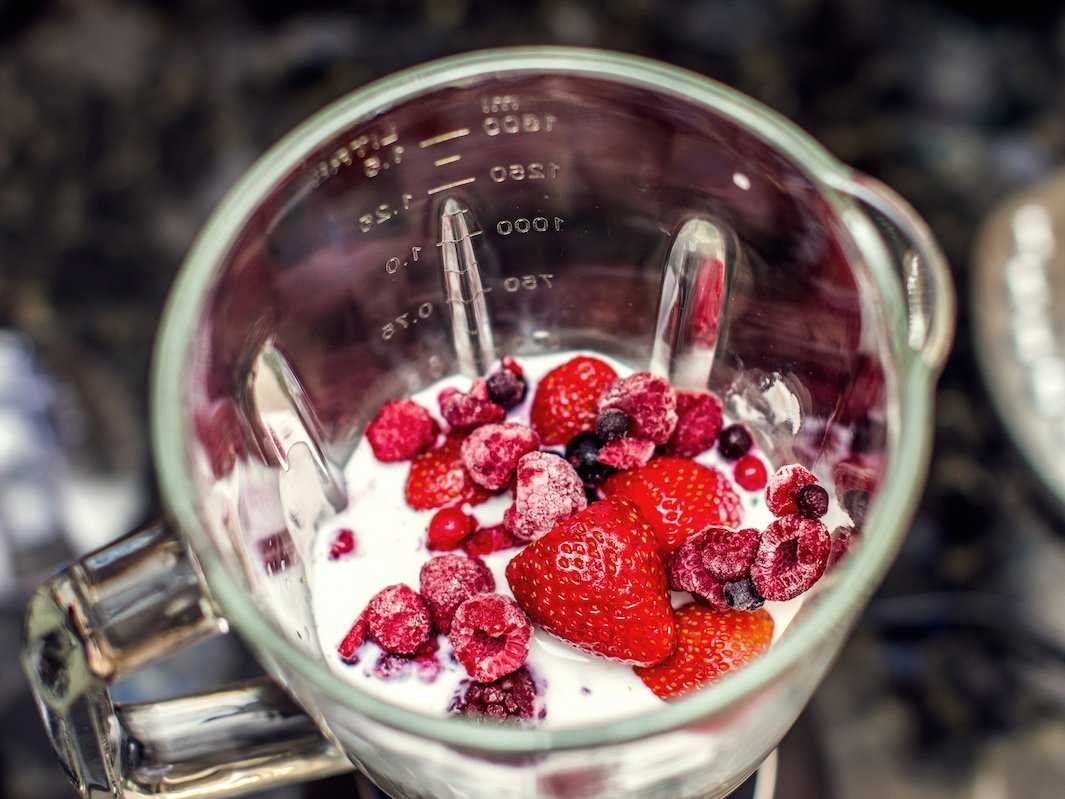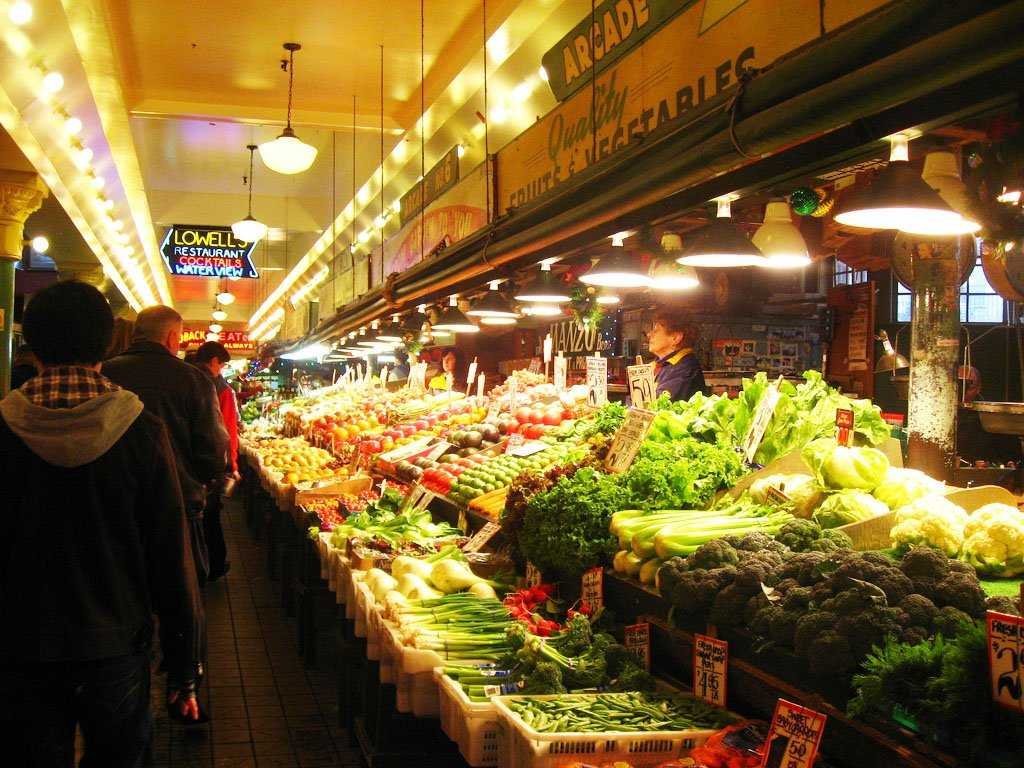Franchising, retail, business

15/01/2015
If you're at all like me, food takes up a significant chunk of your budget each month.
And if you care about things like eating whole foods, buying locally grown food, eating fair-trade goods, and eating food that is raised in an environmentally responsible manner, your food spending can take an even bigger bite out of a budget.
While the cultural shift toward better and more responsible eating seems to be a good thing overall, the truth is that there are some foods you don't need to splurge on.
These foods either aren't as good for you as you might think, or they don't have the benefits that have been touted in the past.
1. Gluten-free foods
Though up to 30% of people in the United States would like to eat less gluten, recent studies show that gluten sensitivity doesn't actually exist. Thus, unless you have celiac disease, you probably don't need to pay so much to get rid of the gluten.
If you suffer from the symptoms of what has been called gluten sensitivity, it's more likely to need to remove the short-chain carbs called FODMAPs. These are found in bread, among other things, but are not tied to gluten.
2. Multigrain bread
"Multigrain" is a word that sounds healthy but actually isn't. While its use does indicate that a product contains more than one grain, those grains can be as processed as the manufacturer wants to make them.
If high-quality bread is important to you, buy whole-grain bread instead. That bread will have more fiber, higher nutrient concentrations, and other compounds in the grain that are destroyed by processing.
3. Organic baby food
You want to buy your child the best, right? Especially when they are so young and fragile. Multiple studies have shown, though, that organic baby food doesn't have any more nutrients than the less expensive, non-organic type. They don't have less pesticide residue, either.
So instead of paying so much for baby food, why not spend that money on something that will actually enhance your child's life?

4. Smoothies from the store
A smoothie is fruity, yogurt-y, wheat grass-y goodness, right? Not if you buy it from the store. Most of those are so high in sugar, they are more comparable to drinking a soda than to biting into a peach.
Instead of spending all that money at the store, make your own smoothie at home. That way, you control how much sugar you add, so it ends up both cheaper and healthier.
5. Stick margarine
It's not butter, so it must be healthy, right? Wrong! Margarine replaced the supposedly bad fats in butter with partially hydrogenated fats. For a while, science thought those were good for us.
As it turns out, these do damage to arteries and other blood vessels. Instead, eat real butter. Not only does it contain healthier fats, but it has compounds that inhibit tumors and contains relatively high concentrations of the fat-soluble vitamins.
6. Energy bars
Most energy bars contain a lot of filler material, which usually translates into food that takes up space in your stomach but doesn't offer much in the way of nutritional value. They also tend to be high in sugar, and some of them have way too many calories for a snack, even if you're refueling after a workout.
Instead of spending so much on these, buy the raw ingredients to make your own, instead. Save money and eat something that will actually help your body perform.
7. Enhanced water
Enhanced water is basically a way for water companies to get more of your money without adding much value. And, sometimes, they also add quite a bit of sugar. For most purposes, regular water is the best beverage to choose. If you're exercising hard, you may want to replace electrolytes, but even then there are better and more cost effective ways to do that without buying the expensive water.
Not every vegetable you buy needs to be organic.
8. Organic fruits and vegetables
Apparently, organic fruits and vegetables don't actually offer many of the benefits we'd like to believe they do. They aren't more nutritious, and they don't offer much, if anything, in the way of health benefits. If you're concerned about pesticides, you can still save money.
These 15 foods are the ones least affected by pesticides, and so you don't have to buy them organic.
9. Low-fat foods
The medical establishment has long held that we need to eat less fat, but, as it turns out, the more expensive low-fat foods aren't better for you. When it comes down to fat and diet, it's more about the type of fat you eat than the amount.
This is why it's actually better to eat the full-fat version of milk products and peanut butter. In addition, when they take out the fat they often have to add sugar and other additives to make the food palatable, so foods lower in fat can end up having as many calories — or more! — than their full-fat counterparts.
10. Granola
Before you pour milk over those breakfast grains, check the box. Often, granola has so much added sugar that it's worse than almost anything else you can have for breakfast. Sure, it looks good, with all those oats and grains and nuts and even dried fruit, but the truth is that granola is not nearly as good as it looks.
As with so many other things, it's better for you and cheaper to make your own, so you control how healthy it is based on what you put in it.
11. Prepackaged health food
As with any prepackaged food, buying it this way is more expensive than buying in bulk or making it yourself and repackaging it at home. Sure, it's nice to have your almonds portioned into 200-calorie snack sizes, but it's not usually worth the extra money. So buy your health foods in larger quantities and take the time to portion them out yourself, or just make it from scratch in the first place.
There are so many ways to eat well without breaking your budget. Avoiding spending more on these foods is a great place to start!
Fonte:http://uk.businessinsider.com/these-health-foods-arent-worth-the-money-youll-pay-for-them-2015-1?nr_email_referer=1&utm_source=Sailthru&utm_medium=email&utm_term=Business%20Insider%20Select&utm_campaign=BI%20Select%20%28Wednesday%20Friday%29%202015-01-14&utm_content=BISelect?r=US